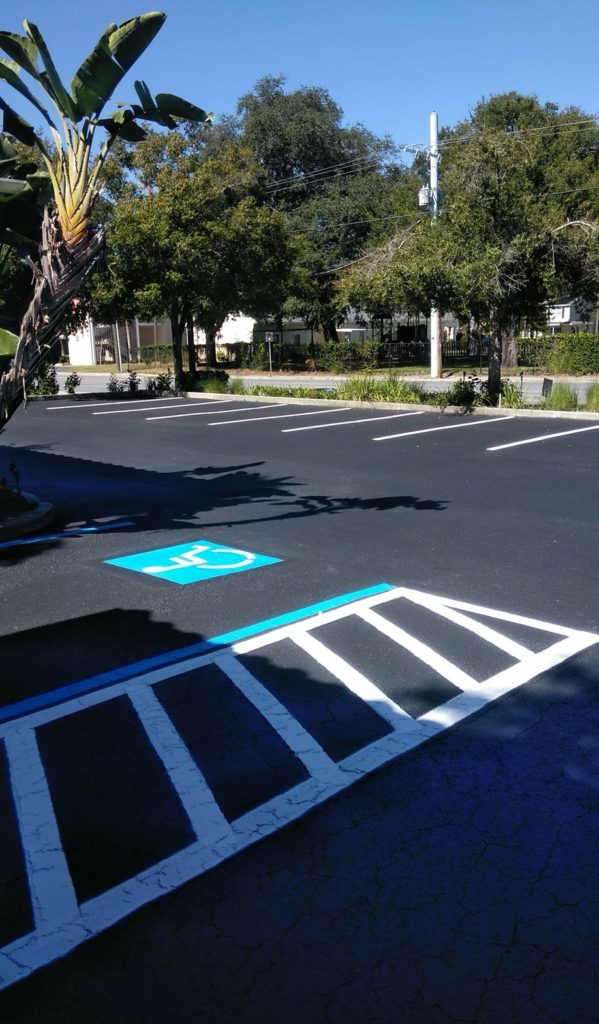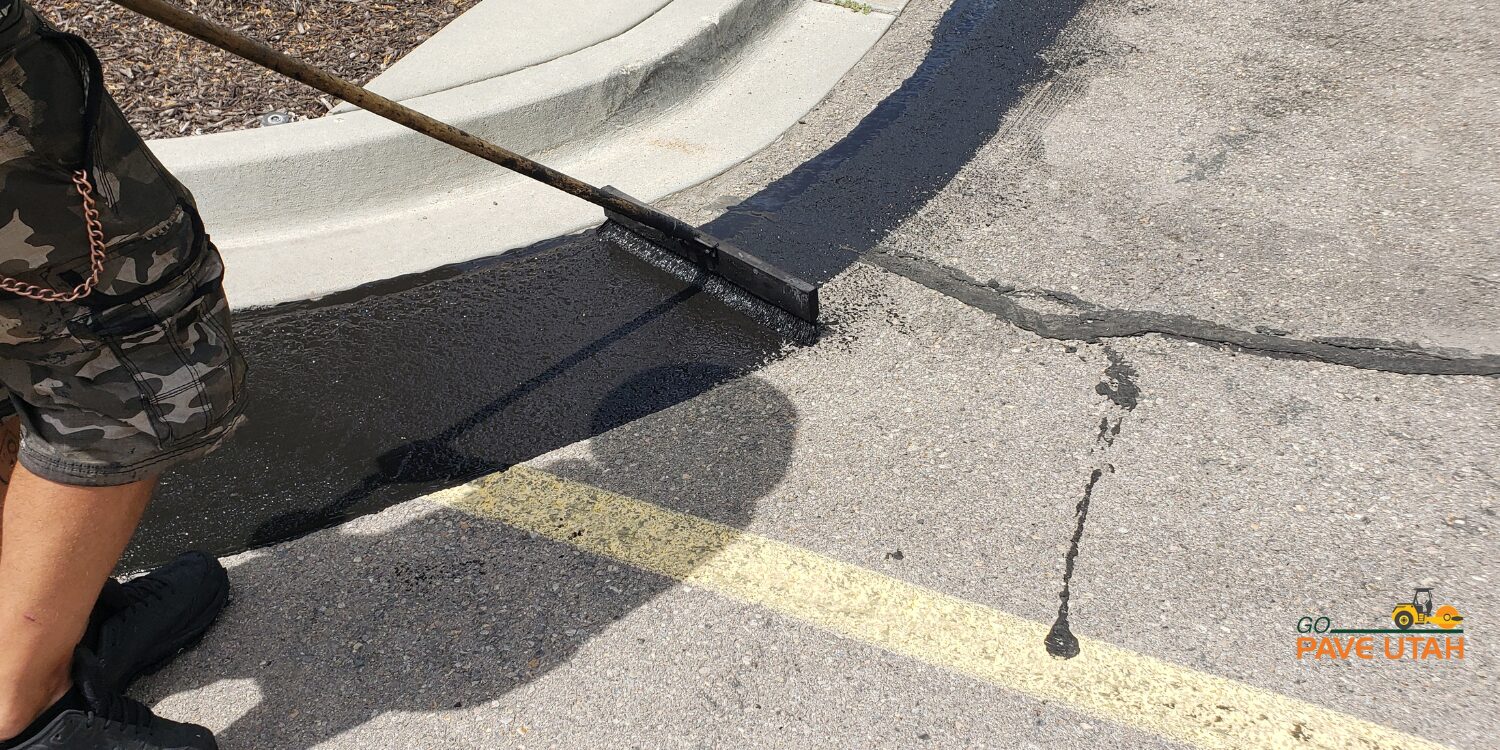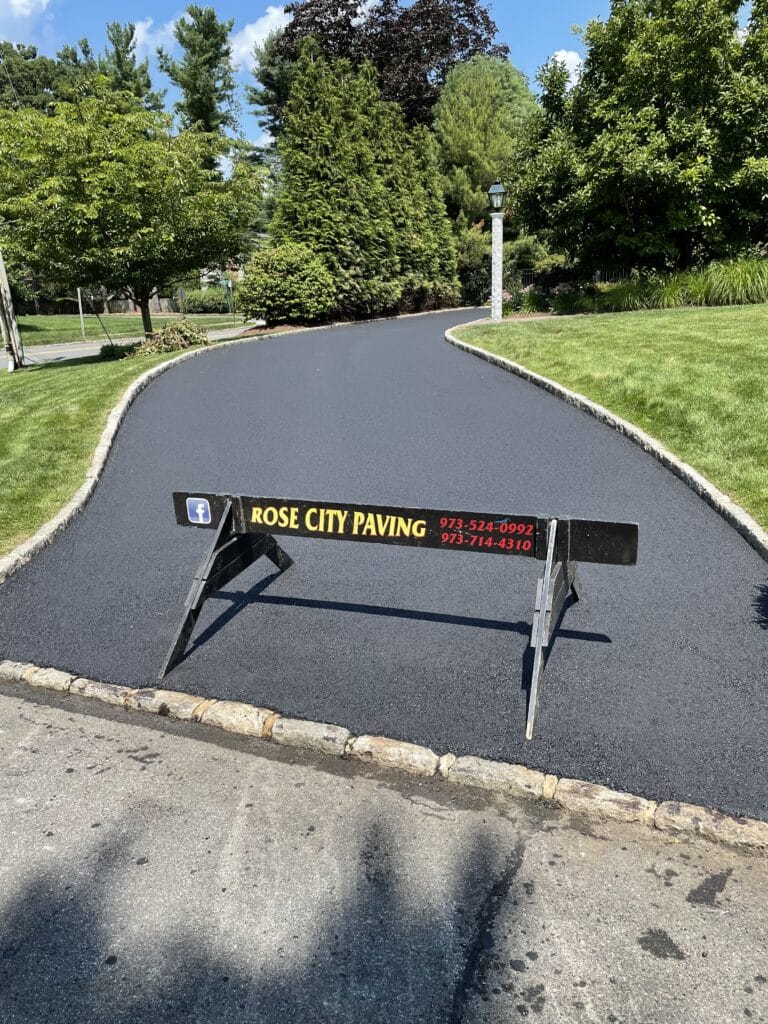Hot Mix Asphalt: A Lasting Service for Pavement
Warm Mix Asphalt (HMA) has arised as a leading lasting choice for pavement remedies, providing a myriad of innovative technologies and environmental advantages. Its capacity to recycle products and decrease power consumption presents a compelling situation for its adoption in roadway construction tasks. In addition, the lasting performance and resilience of HMA make it a recommended option for facilities development. As the demand for environmentally friendly building techniques grows, checking out the nuances of HMA's sustainability can offer important insights into the future of pavement options.
Ecological Benefits of Hot Mix Asphalt

Additionally, Warm Mix Asphalt aids to minimize city heat island results. Its dark color soaks up sunshine, minimizing the amount of warm reflected back into the atmosphere compared to lighter-colored sidewalks. This can reduce ambient temperature levels in metropolitan locations, decreasing the demand for a/c and ultimately lowering energy consumption.
Furthermore, Hot Mix Asphalt adds to boosted stormwater monitoring. Its porous nature permits water to infiltrate the sidewalk and charge groundwater supplies, reducing drainage and the danger of flooding. These ecological benefits make Warm Mix Asphalt a sustainable option for paving freeways and roadways.
Power Effectiveness in HMA Production
Is energy effectiveness an essential consider the manufacturing of Hot Mix Asphalt (HMA)? Definitely. Energy plays a considerable role in the manufacturing of HMA, impacting both cost and environmental sustainability. One crucial element of power performance in HMA production is making use of warm mix asphalt (WMA) technologies (commercial parking lot paving). WMA permits the blending and placement of asphalt at lower temperatures compared to standard hot mix asphalt, causing minimized power usage during production. This process not only lowers fuel use however also reduces greenhouse gas discharges, making it a much more eco-friendly option.
Additionally, innovations in plant innovations have actually resulted in more energy-efficient HMA manufacturing procedures. Modern plants are designed with features like recycled asphalt pavement (RAP) handling abilities, reliable heater systems, and improved insulation, all adding to power cost savings. By optimizing energy use in HMA production, the industry can reduce its carbon footprint while keeping top quality sidewalk products. Energy efficiency is, therefore, a critical factor to consider in guaranteeing the sustainability of Hot Mix Asphalt manufacturing.
Recyclability of Warm Mix Asphalt
The recyclability of Hot Mix Asphalt (HMA) is a pivotal aspect of its sustainability and lasting ecological influence. HMA is among one of the most recycled products in the USA, with over 100 million lots of redeemed asphalt pavement (RAP) being recycled every year in brand-new pavement construction. Recycling HMA provides a number of ecological advantages, such as decreasing the need for virgin materials, decreasing energy consumption during manufacturing, and lowering the amount of waste sent to landfills.
The procedure of recycling HMA includes milling the existing sidewalk, crushing it into smaller sized items, and blending it with brand-new aggregate and asphalt binder to produce a recycled mix. This recycled mix can often execute as well as or perhaps far better than conventional HMA, while requiring fewer resources and creating lower greenhouse gas emissions. By incorporating RAP into new sidewalk jobs, road visit the website companies can conserve natural sources, reduce expenses, and reduce the ecological footprint of roadway building and construction and upkeep tasks. On the whole, the recyclability of HMA plays a considerable duty in advertising lasting techniques within the sidewalk sector.

Long-Term Efficiency of HMA
Asphalt sidewalks show longevity and resilience over a prolonged period, reflecting the lasting efficiency of Warm Mix Asphalt (HMA) The durability of HMA can be associated to its capability to withstand heavy website traffic loads, harsh weather, and the effects of aging. Studies have actually revealed that well-designed and properly built HMA sidewalks can last for two decades or even more with normal maintenance. The trick to making the most of the long-lasting efficiency of HMA lies in making use of high-quality materials, following finest practices in building, and implementing efficient maintenance approaches. Appropriate drainage, regular assessments, and prompt fixings are crucial for maintaining the structural honesty of HMA sidewalks in time. Furthermore, improvements in HMA innovation, such as using polymer-modified binders and warm mix asphalt, have actually even more enhanced the resilience and long life of HMA sidewalks. By focusing on top quality building and upkeep methods, HMA remains to prove itself as a economical and sustainable solution for long-lasting pavement framework.

HMA: Durability and Sustainability
Showing both sturdiness and sustainability, Warm Mix Asphalt (HMA) has ended up being a keystone in the construction of lasting sidewalk facilities - hot mix asphalt. HMA's durability originates from its capability to hold up against hefty tons, extreme weather, and high web traffic quantities, making it a dependable selection for streets, freeways, and airport runways. The structure of HMA, which commonly consists of aggregates, binder, and filler, plays an essential duty in enhancing its long life and resistance to damage
Additionally, HMA's sustainability hinges great site on its recyclability and energy-efficient production procedure. The capacity to recycle reclaimed asphalt pavement (RAP) in new HMA combinations minimizes the need for virgin products and minimizes the ecological impact of sidewalk building and upkeep. In addition, the power efficiency of creating HMA lies in its reduced blending temperature levels contrasted to various other sidewalk materials, leading to minimized power consumption and greenhouse gas emissions.
Final Thought
Finally, hot mix asphalt (HMA) offers a lasting service for sidewalk with its eco-friendly features. HMA's recyclability, power performance in manufacturing, and long-lasting durability make it an environment-friendly selection for roadway building. By saving all-natural sources, reducing waste, and decreasing greenhouse gas emissions, HMA plays an essential function in advertising sustainability in framework advancement. Its capability to mitigate metropolitan warm island results additionally highlights its value in creating durable and eco mindful pavement systems.
HMA is one of the most recycled products in the United States, with over 100 million bunches of reclaimed asphalt sidewalk click this (RAP) being recycled yearly in brand-new pavement building and construction.The procedure of reusing HMA involves milling the existing sidewalk, crushing it right into smaller sized pieces, and blending it with new aggregate and asphalt binder to create a recycled mix.Asphalt pavements demonstrate resilience and resilience over a prolonged duration, showing the long-term performance of Warm Mix Asphalt (HMA) In addition, improvements in HMA innovation, such as the use of polymer-modified binders and cozy mix asphalt, have better improved the longevity and durability of HMA pavements. The capacity to reuse reclaimed asphalt sidewalk (RAP) in new HMA combinations reduces the need for virgin materials and lessens the environmental impact of pavement building and maintenance.